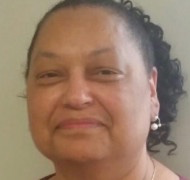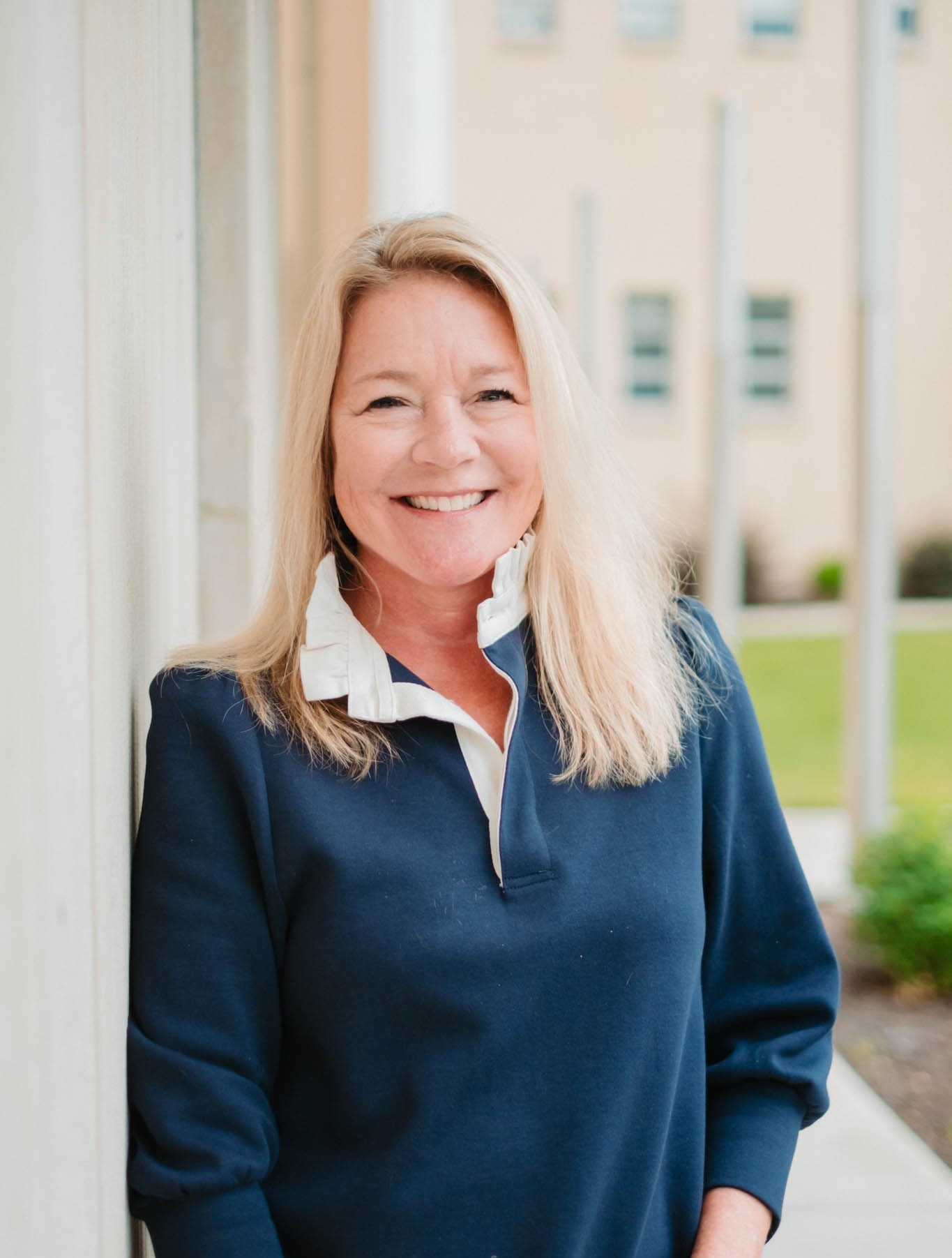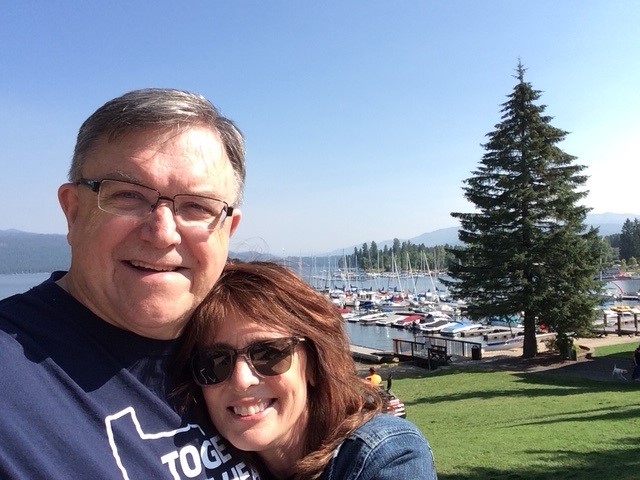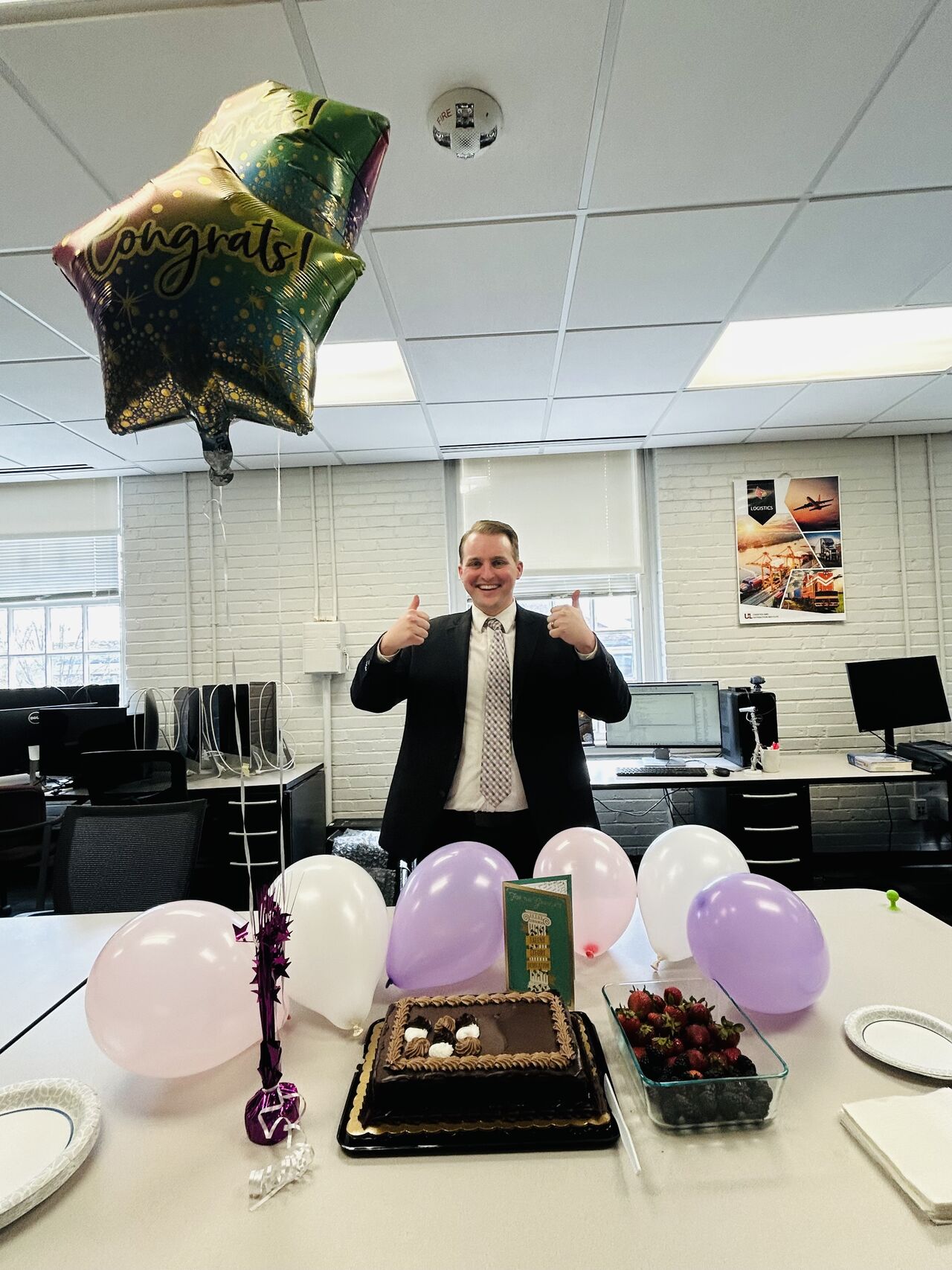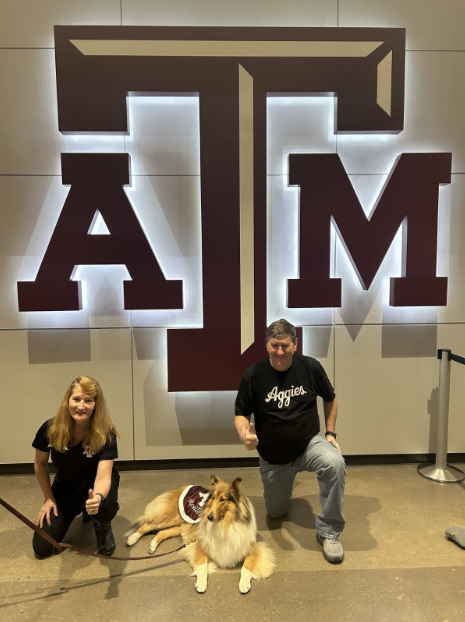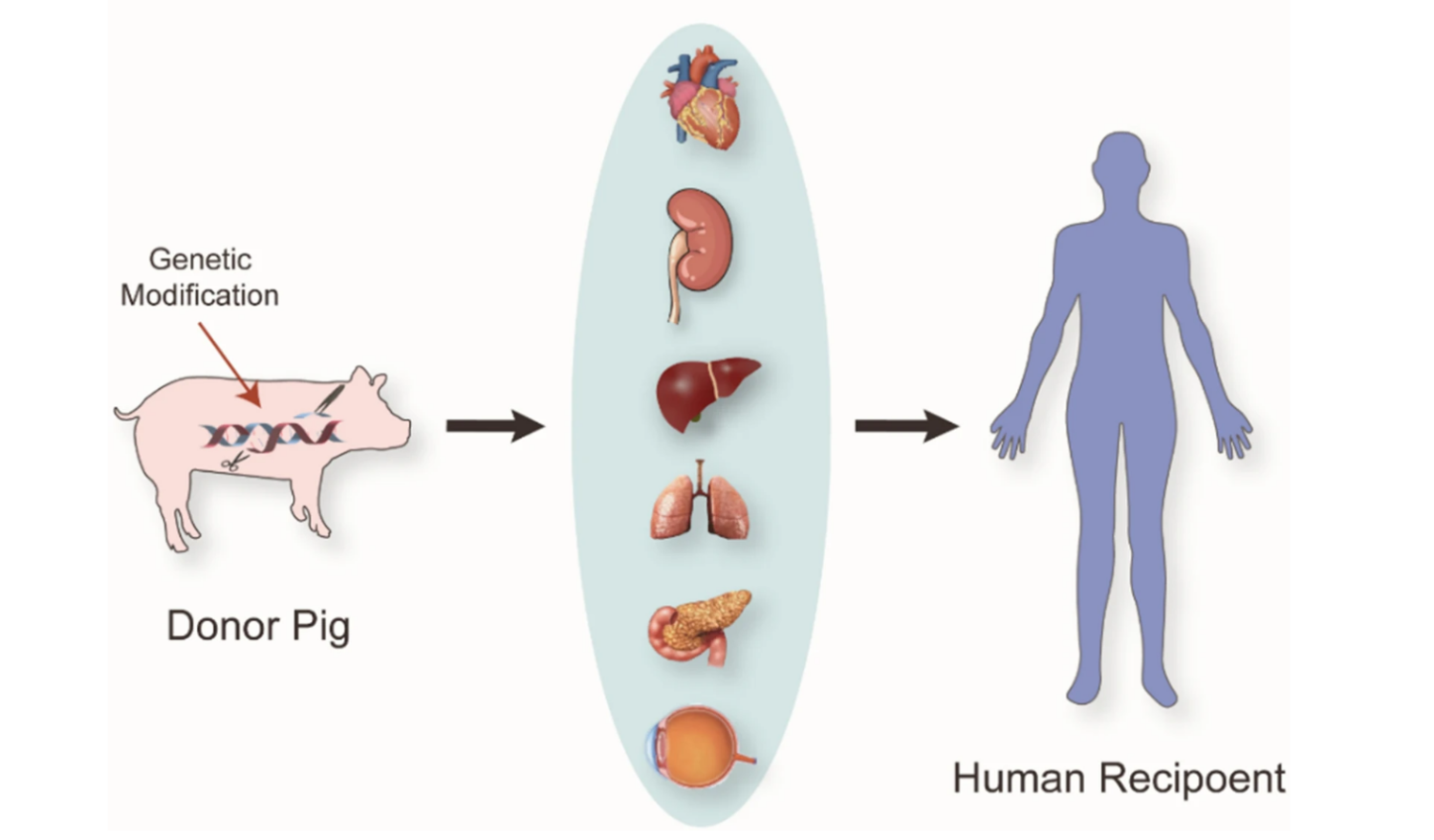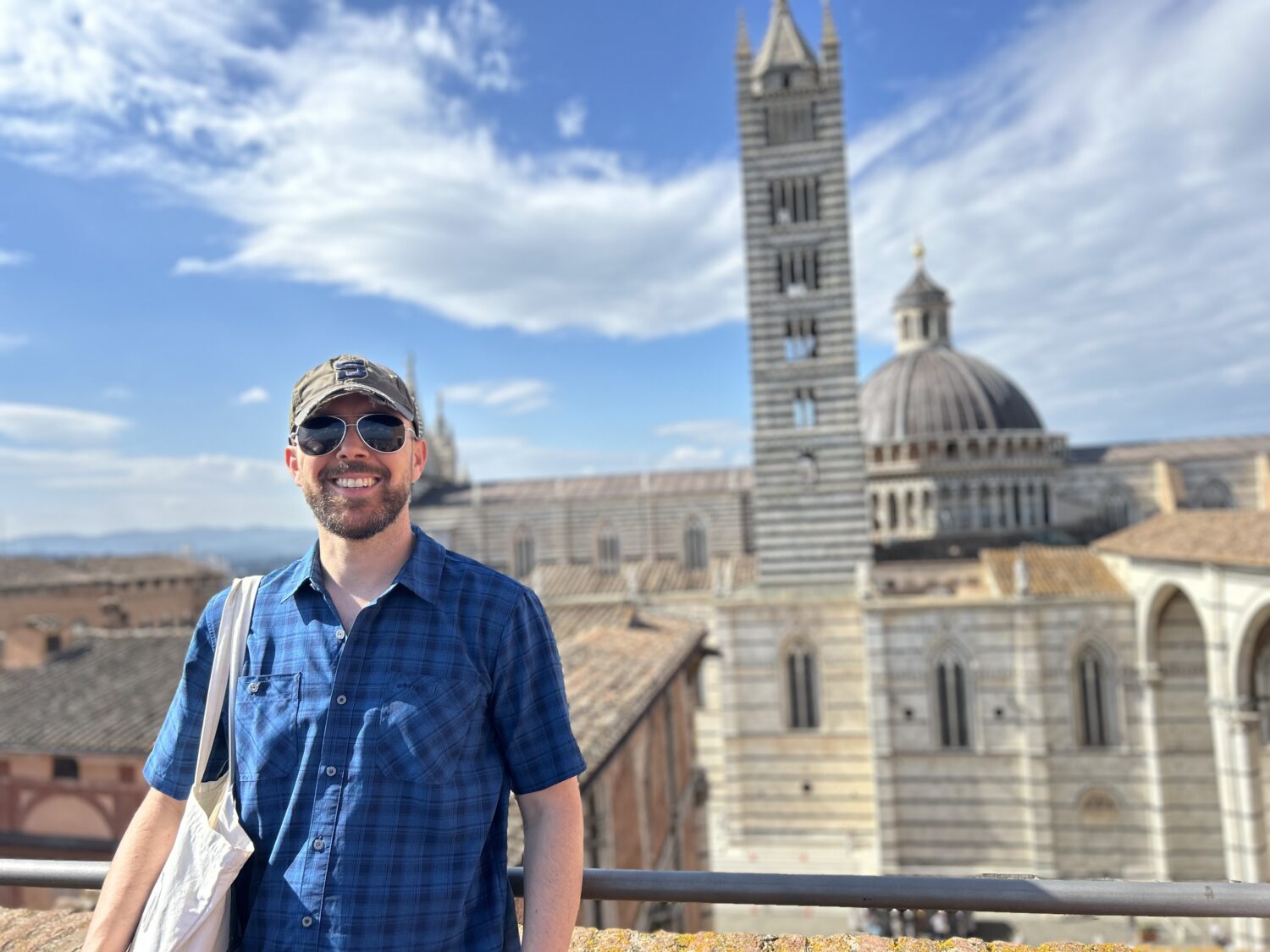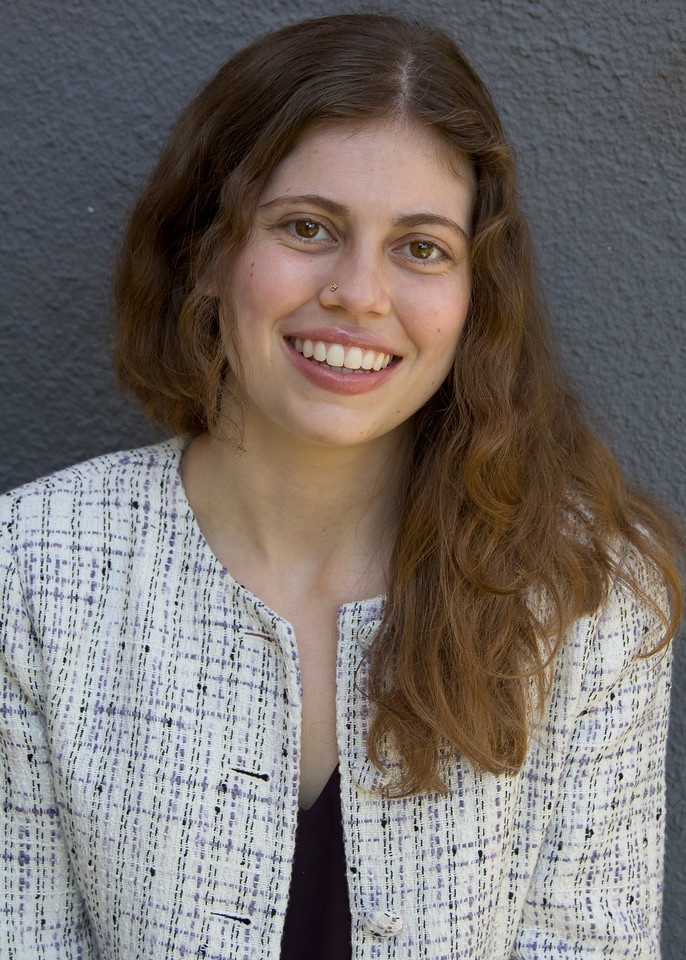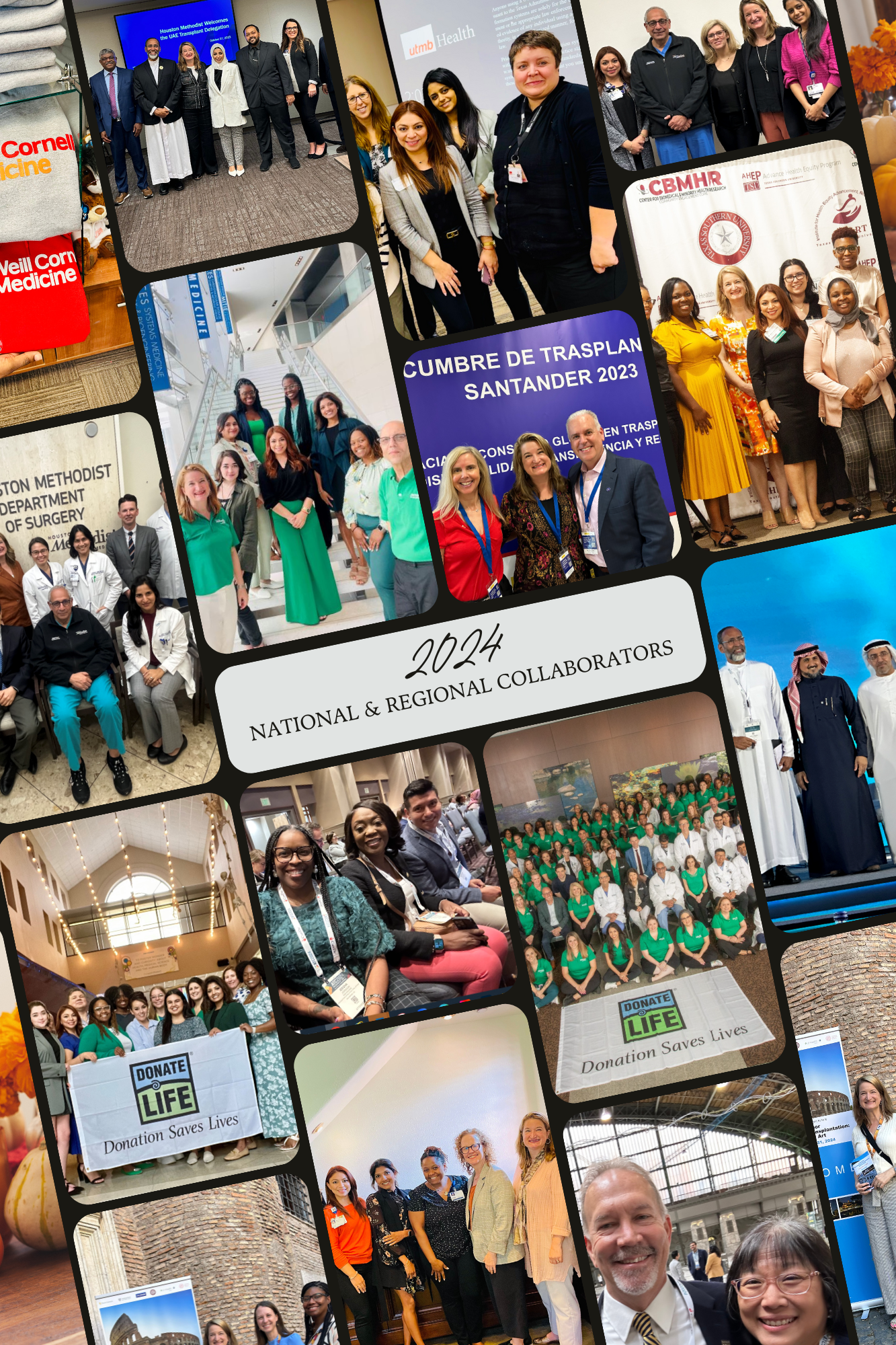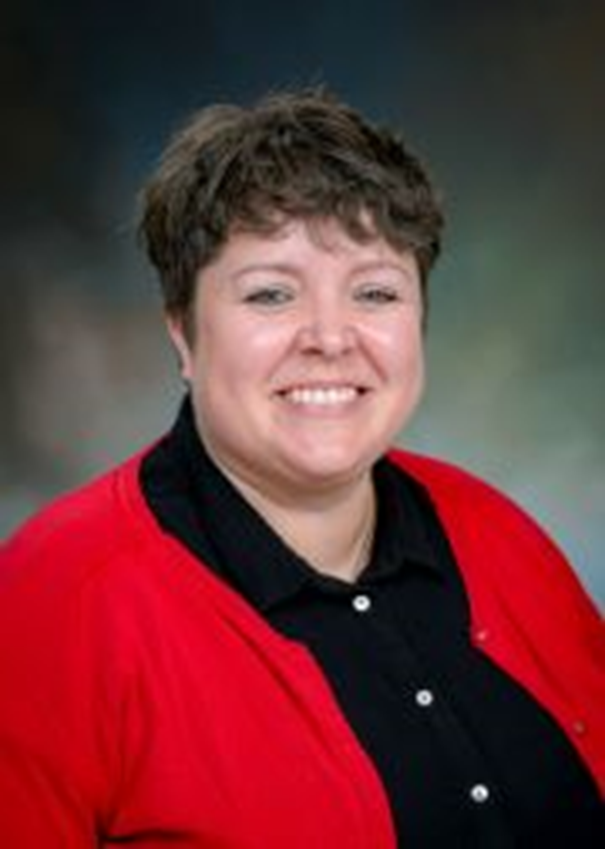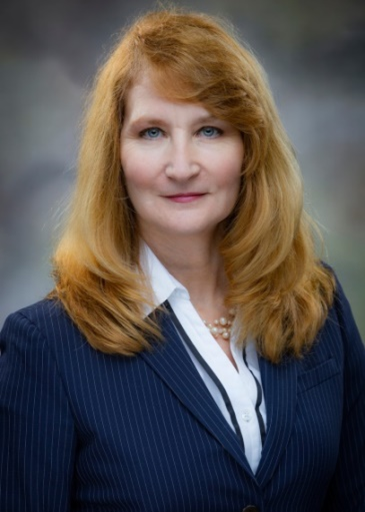Living Donor Kidney Transplant Recipient | DNP-Prepared Nurse | Advocate for Patient Empowerment A New Chapter in a Lifelong Mission After earning her Doctor of Nursing Practice (DNP) degree in December 2025, Dr. Valinda Bell-Jones is now actively seeking employment in the field she’s most passionate about—kidney transplantation. While she paused her professional work to pursue her studies, she never paused her advocacy. Her capstone project, conducted in partnership with Dr. Amy Waterman’s Patient Engagement …
Meet Christina Goalby: A Life’s Work in Kidney Health Education and Advocacy
Senior Leader at Health Literacy Media and the Patient Engagement Lab A Dual Role, One Mission Christina Goalby brings a rare blend of experience, passion, and vision to her roles at both Health Literacy Media (HLM) in St. Louis and Dr. Amy Waterman’s Patient Engagement (PE) Lab at Houston Methodist Hospital. In both institutions, Christina leads efforts focused on kidney transplant and living donation education and research. With a career spanning three decades, she has dedicated herself to improving the …
Meet Dr. Kenneth J. Woodside: Uniting Transplant Systems with Vision, Data, and Heart
Surgical Director, Sharing Hope South Carolina | Faculty Collaborator, PE Lab A Lifelong Commitment to Transplant Dr. Kenneth J. Woodside serves as the Surgical Director of Sharing Hope South Carolina, where he plays a leading role in advancing organ recovery and transplant services across the region. His journey in transplant began remarkably early—at just 19 years old—and has since evolved into a career defined by curiosity, innovation, and advocacy. Over the years, Dr. Woodside’s work has spanned everything from developmental …
Brian Gowan: Bringing Heart, Hope, and Harmony to Transplant Care
Senior Chaplain, Houston Methodist For more than two decades, Brian Gowan has served as a compassionate presence at Houston Methodist—first for 11 years, then returning a decade ago in what he calls his “second calling” to the hospital. Today, as Senior Chaplain, he focuses primarily on heart failure and transplant patients, walking alongside them pre- and post-surgery, while also serving in women’s health and labor and delivery. A Calling to Serve – and Innovate Brian …
Spotlight on Dr. Arica Brandford: Advancing Community Engagement Across Health Disciplines
Associate Director of Community Outreach & Engagement | Assistant Research Professor | Dorothy and Mickey Ables Distinguished New Century Chair Leading with Purpose in Cancer Prevention and Community Research Dr. Arica Brandford serves as the Associate Director of Community Outreach and Engagement and an Assistant Research Professor of Community Engagement Science in Medicine at the Houston Methodist Neal Cancer Center. She is also the inaugural Dorothy and Mickey Ables Community Outreach and Engagement Distinguished New …
Spotlight on Dr. Javed Zulqarnain: Championing Equity in Heart and Kidney Health
Assistant Professor, Scientist, and National Study Leader Bridging Disciplines for Better Health Outcomes A Multifaceted Role in Population Health and Cardiovascular Research Dr. Javed Zulqarnain, MBBS, MPH, PhD, holds multiple leadership roles at Houston Methodist, where he serves as Assistant Professor of Population Health and Preventive Cardiology, Scientist at the DeBakey Heart & Vascular Center, Houston Program Manager for the national PRESSURE CHECK clinical trial, and Principal Investigator on two active research studies, including one …
Meet Dr. Catherine Pulicken: Bridging Systems and Stories at the PE Lab
Written by: Souha Farhat, MD Senior Program Manager | Patient Engagement Research Lab, Houston Methodist Hospital A Leader with a Dual Lens Catherine Pulicken is the Senior Program Manager of the Patient Engagement (PE) Research Lab at Houston Methodist Hospital, where she leads business and research operations within the Department of Surgery. With a PhD in public health and a background in healthcare management, Catherine brings a unique hybrid perspective—one that blends strategic systems thinking …
Meet Joshua Nielsen: Engineering Innovation in Living Kidney Donation
Written by: Souha Farhat, MD I am a recent graduate (PhD) of Industrial Engineering at the University of Louisville and a data science consultant with Rift Analytics, LLC. [This will change in the next couple of months as my post-graduation employment settles.] From a Single Question to a Research Collaboration My work consists of a variety of engineering solutions for living kidney donation. It began with the core question, “What barriers and motivating factors contribute …
Dr. Paula Shireman: Advancing Healthcare Through Research and Innovation
Written by: Souha Farhat, MD Meet Dr. Paula Shireman Dr. Paula Shireman, MD, MS, MBA, is a Professor in the Departments of Medical Physiology and Primary Care & Rural Medicine at the College of Medicine at Texas A&M University. As a vascular surgeon, wound care specialist, and clinical informatician, she balances clinical responsibilities, teaching, and groundbreaking research. In her clinical practice, Dr. Shireman runs a Wound Care Clinic, where she precepts medical students and Family …
Dr. Stephanie Yi: Advancing Transplant Surgery and Health Equity Through Research
Written by: Souha Farhat, MD Meet Dr. Stephanie Yi Dr. Stephanie Yi is a kidney and pancreas transplant surgeon and an Associate Professor of Surgery at Houston Methodist Hospital. With a deep commitment to improving transplant outcomes, Dr. Yi balances her clinical practice with research to address disparities in transplantation and enhance patient care. A Natural Fit with the PE Lab Dr. Yi became involved with the Patient Engagement, Diversity, and Education Research Laboratory (PE …
Xenotransplantation Moves Closer to Reality
Written by Martha Gershun, Guest Blogger When I donated a kidney to a woman I read about in the newspaper in 2018, the idea that xenotransplantation might someday make human organ donations obsolete was a far-fetched fantasy. Today, just seven years later, that fantasy is much closer to reality. The first successful animal-to-human kidney transplant took place one year ago at Massachusetts General Hospital (MGH) in Boston, when surgeons transplanted a kidney from a genetically-modified …
Driving Equity in Transplantation: Dr. Jonathan Daw’s Journey with the PE Lab
Written by: Souha Farhat, MD Dr. Jonathan Daw is an Associate Professor of Sociology & Demography at the Pennsylvania State University. His research focuses on health disparities in organ transplantation, and he has made significant contributions to the field through his work on living donor kidney transplantation. A Fortuitous Meeting with the PE Lab Dr. Daw’s journey with the PE Lab began when he reached out to the National Kidney Registry with a data-related inquiry. …
Sarah Alonzi: Exploring the Intersection of Health Psychology and Patient Empowerment
Written by Solaf Al Awadhi, MBBS, MSc., Scientific Writer I am a fourth-year doctoral student in the Health Psychology PhD program at the University of California, Los Angeles (UCLA). My time is split between research and teaching as I work to better understand how patients navigate complex medical decisions. Whether it’s about participating in clinical trials or accessing supportive care, my focus has always been on empowering patients to make informed choices about their health. …
2024 Highlights: Global Difference-Making and Transformative Collaborations
Written by Solaf Al Awadhi, MBBS, MSc., Scientific Writer As we close out 2024, the Patient Engagement Research Lab (PE Lab) celebrates a year marked by cutting-edge research, transformative partnerships, and impactful community engagement. It has been a year of global difference-making and transformative collaborations, driven by our mission to conduct patient- and community-engaged research that transforms healthcare, reduces disparities, and improves patient-reported and health outcomes—always honoring patients and what matters most to them. It …
Dr. Souha Farhat, Joining the Patient Engagement Lab
Written by: Souha Farhat, MD I am thrilled to join the Patient Engagement, Diversity, and Education Research Laboratory as a Postdoctoral Research Fellow. It’s an exciting new chapter where I bring my background as a Lebanese/Arab medical doctor and my passion for diversity and inclusion to a team that’s already making significant strides in transforming healthcare. My Commitment to Diversity and Inclusion In my career, I have always focused on elevating diversity, equity, and inclusion …
Dr. Emma Tumilty, PhD, a clinical ethics researcher, wears many hats
Written by: Victor Uteshev The Patient Engagement Research Lab is honored to partner with Dr. Emma Tumilty, an Assistant Professor in the Department of Bioethics and Health Humanities at the University of Texas Medical Branch (UTMB) on a newly funded ethics research supplement funded by the National Institute of Diabetes, Digestive, and Kidney Diseases (NIDDK). Dr. Tumilty’s career requires her to wear many hats – weekly, she spends time conducting her own research on issues of …
Making a Global Difference in Transplant: Thoughts after the Santander Summit
By Amy Waterman, PhD, Director, Patient Engagement Research Lab I have worked as a Health Psychologist and leader in Patient Engagement in transplantation for over 20 years. When I was asked to present a talk outlining the state of living organ donation at an international health summit titled, “Towards Global Convergence in Transplantation: Sufficiency, Transparency, and Oversight,” I felt confident that I knew the challenges and opportunities for improvement. I was wrong. By preparing for …
Welcome, Dr. Paula Shireman, Texas surgeon, collaborator, and informatics partner.
By Victor Uteshev, PhD Drs. Amy Waterman, Director of the Patient Engagement Research Lab in Surgery at Houston Methodist, and Dr. Paula Shireman, Professor in the Departments of Medical Physiology, Primary Care, and Rural Medicine at the College of Medicine at Texas A&M University, first crossed paths because of their separate, but overlapping interests in surgery, artificial intelligence (AI) and reducing disparities. Both had begun to study the transformative role of AI-based data analytics …
Artificial Intelligence (AI) and Machine Learning (ML) can break down Healthcare Barriers & Improve Patient Outcomes
Written by: Laxmi Keerthi Ravula, BHMS, MPH I have been working in the Houston Methodist Research Institute’s Patient Engagement Lab for almost two years as a Clinical Research Coordinator. I joined this lab to improve health and prevent disease through applying patient-engaged techniques and access to education to address health disparities. I strongly believe in applying the power of effective communication and research methods to benefit patients and the public. I think we can all …
LifeGift and Houston Methodist Building a Collaborative for Improved Organ Donation and Transplantation
The National Academies of Sciences, Engineering and Medicine (NASEM) issued a call to action in February 2022, urging a comprehensive overhaul of the national organ donation program within five years. Recognizing the critical need for reform, LifeGift in collaboration with Houston Methodist, is coordinating efforts to improve our system with the creation of the Deceased Organ Donation Performance Improvement Collaborative. This initiative, which is generously sponsored by Sanofi, includes representation from all transplant centers in …

